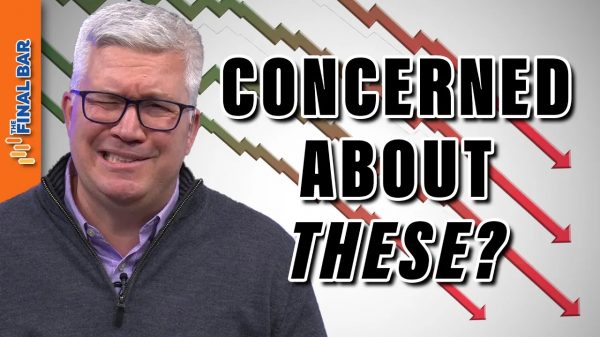Federal law is full of deadlines. But in federal court, most deadlines are flexible. Courts can usually extend a deadline when there is a compelling reason to do so—a grace period known as “equitable tolling.” In the rare cases where a deadline is instead inflexible and ineligible for “equitable tolling,” courts are prevented from extending that deadline no matter how compelling the argument might be that an extension would be in the interests of justice. Because the consequences of an inflexible deadline are so harsh, the US Supreme Court has repeatedly held that statutory deadlines in the federal court system are presumptively flexible and subject to equitable tolling unless there is clear congressional intent to make them inflexible.
A federal statute sets a 60‐day deadline to ask a federal court to review certain types of agency decisions made within the Department of Transportation. A Georgia business suffered an unfavorable decision from the department, but more than 60 days later, the business learned that the agency official who decided its case had been improperly appointed. The business promptly petitioned for judicial review after learning of this appointment problem. And normally, the business would have had a good case for equitable tolling. Although the business did not petition for review within 60 days, that is because the government was not forthcoming about the appointment defect, a defect of which the government was aware when the decision was handed down.
But the US Court of Appeals for the Eleventh Circuit held that the 60‐day deadline was not subject to equitable tolling and could not be extended. The Eleventh Circuit did not base this decision on the statute itself. The statutory text did not explicitly forbid equitable tolling, which would normally mean that the presumption in favor of equitable tolling applied. Instead, the Eleventh Circuit looked to a rule of appellate procedure that had been set by the Supreme Court, not by Congress. That judge‐made rule states that a “court may not extend the time to file,” among other things, “a petition to … review an order of an administrative agency … unless specifically authorized by law.”
Now the Georgia business has petitioned the Supreme Court to review its case and decide whether this judge‐made rule forbids equitable tolling for every statutory deadline to review agency action. And Cato has joined an amicus brief filed by the National Federation of Independent Business Small Business Legal Center, Buckeye Institute, and Institute for Hazardous Materials Packaging and Certification Testing in support of that petition.
In our brief, we argue that equitable tolling is presumptively available unless there is clear congressional intent to make a deadline inflexible. No such congressional intent is present here, because the rule relied on by the Eleventh Circuit was issued by the Supreme Court, not by Congress. In any event, we argue that the statute at issue should be read to permit equitable tolling based on the background presumption in favor of tolling and thus that equitable tolling is indeed “specifically authorized by law” for the purpose of this judge‐made rule.
Further, we argue that interpreting this judge‐made rule to prevent equitable tolling would be unlawful, because the Supreme Court has been granted the authority to issue rules only if they do not eliminate substantive rights. As we explain, the right to judicial review of an agency adjudication is a right protected by the Constitution’s due process clause. Eliminating equitable tolling would eliminate this due process right in many cases such as this one, which means eliminating equitable tolling is beyond the scope of the Supreme Court’s powers.
Finally, our brief notes that a rule forbidding equitable tolling would give agencies a perverse incentive to conceal legal defects in an adjudication until the statutory deadline to petition for review has passed. This case illustrates the problem—the government was not candid with the Georgia business about the appointment problem despite being aware of it. That meant the business did not learn of the problem until more than 60 days had passed after the decision. That is exactly the type of government behavior that warrants equitable tolling. A rule forbidding equitable tolling would perversely reward the government for engaging in bad behavior.
The Supreme Court should take this case, reverse the Eleventh Circuit, and make clear that deadlines to review agency decisions are presumptively subject to equitable tolling, just like any other statutory court deadline.























